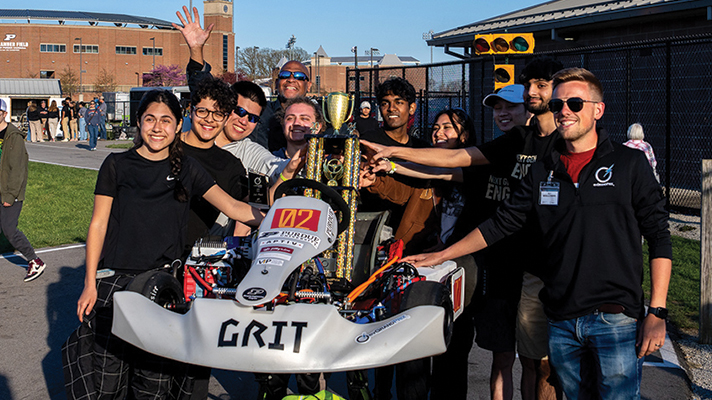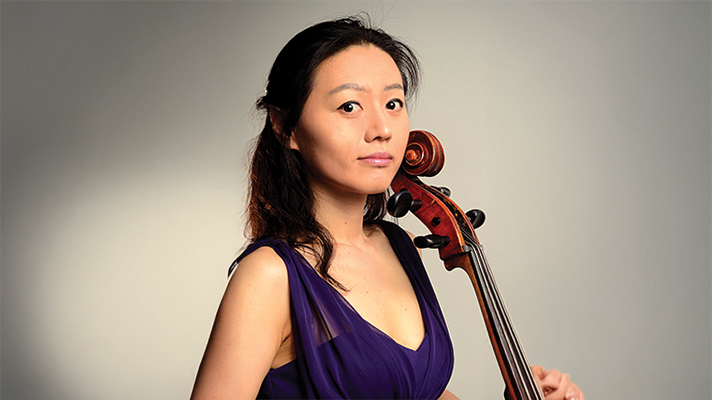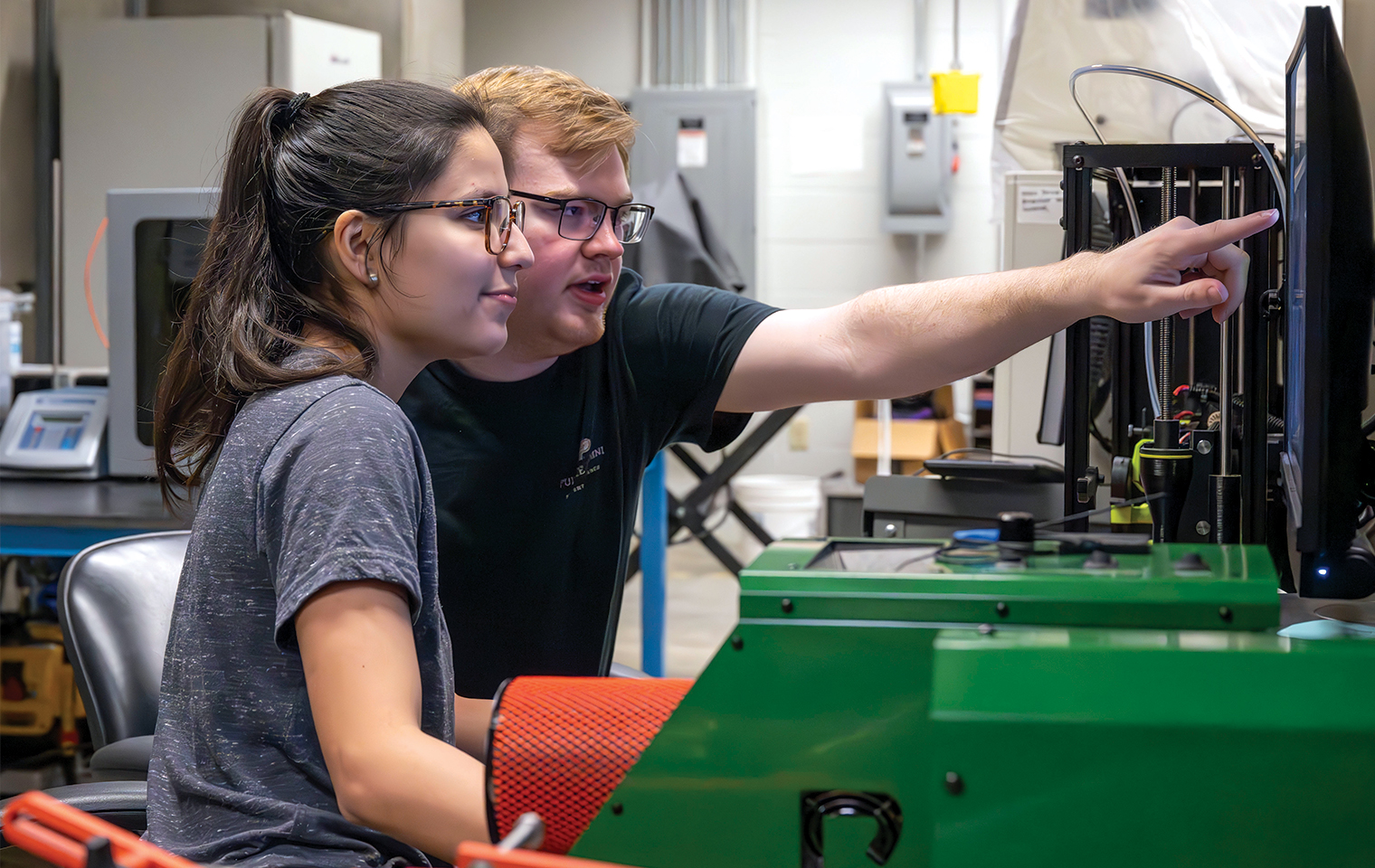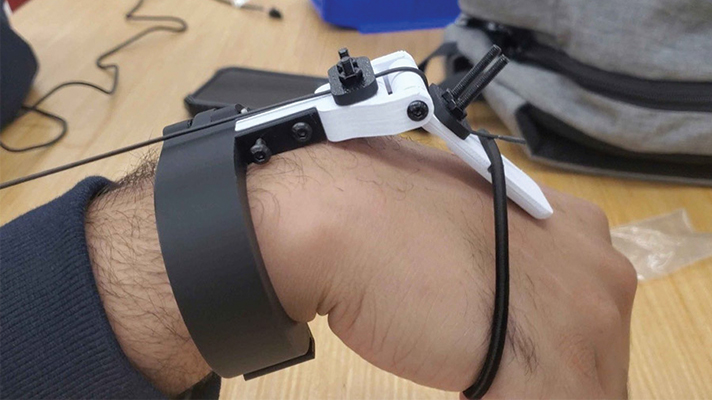The Vertically Integrated Projects (VIP) Program provides an opportunity for undergraduate students to earn academic credit while engaging in authentic and extended research and design projects related to active research areas of Purdue faculty members and national, international and industry-sponsored design challenges. Students can participate on interdisciplinary and vertically integrated teams (first year through seniors) with faculty and graduate student mentors for multiple semesters to address these real-world research and design challenges.
News

NEWS
Purdue engineering students' third-place finish in evGrandPrix was 'amazing'
July 18, 2024

NEWS
VIP mentor, Kristen Yeon-Yi Yun, gives Westwood Lecture: 'Embracing AI Technology in Music Performance'
April 18, 2024

NEWS
Purdue interdisciplinary research team to build ethical data management competencies in undergraduate researchers
April 18, 2024

